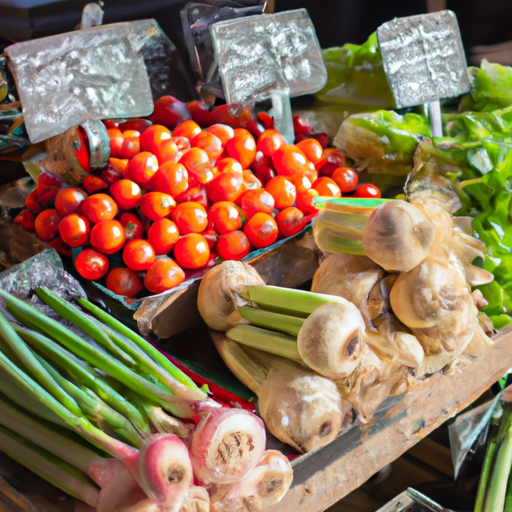The question is tea raw vegan is tricky to answer. However, for raw vegans, we’ll attempt to do our best. First, we’ll explain the basics of raw veganism and then we’ll delve into all things tea related.
What Is Raw Vegan?
Raw vegan is something that many people are unaware of. It is a subset of the planned vegan lifestyle and eating plan.
For other vegan subsets, check out this article.
The idea is to maintain the same precepts of a vegan – no animal products or byproducts – while consuming raw plant food.
While it is referred to as raw, food can be heated to a temperature under 118 degrees Fahrenheit (48-degree Centigrade).
The theory is that foods should be in their fully raw, unadulterated state.
This means, not refined, processed, or changed from their original form. This includes right down to the molecular level for some raw vegans.
Supplementation is believed by some to be unnecessary.
The thinking is that raw eating provides all the necessary nutrients that the body requires.
However, it can lead some people to be too low in protein (due to plant-based proteins being processed poorly by the body) and low in essential vitamins and amino acids. Any of these possibilities can lead to poor health outcomes.
Raw vegan dietary plans should be discussed with your doctor before embarking on them.
Is Tea Vegan?
Tea is essentially tea leaves grown on a plant, later picked from the plant, and water added. In short, leafy water is all it is. There are almost endless variations such as Chamomile tea, Mint tea, etc.
Tea usually has milk and sugar added.
Few people consume it plain.
It’s also typically heated, which alters it. The dairy milk can be swapped out for oak milk, almond milk, soy milk, or another plant-based alternative.
Sugar levels are usually higher on a vegan diet, but this doesn’t disqualify tea.
Certainly, tea can be vegan when using non-dairy milk.
Why Tea Is Not Raw Vegan
From a purist’s point of view, tea leaves once removed from the plant will oxidize. This means they have oxygen added, which changes their molecular makeup.
Therefore, tea is not a raw vegan.
Further to this, boiling water is normally used to ‘brew’ tea, this is above the temperature acceptable to consider a food as being raw.
The concept here is that raw food must be plant-based and unaltered. However, tea leaves change as they’re picked. This is why for raw vegans; tea is not acceptable for them.
Raw Vegan Alternatives To Tea
There are some alternatives for raw vegans who wish to avoid tea.
Herbal Tea
Herbal teas get around the issues and provide a healthy uplift. When making herbal tea, it’s important to use purified water. This avoids it from containing any unwanted contaminants.
Also, boiling water cannot be used, instead, only warm water can be used.
Chai Tea
Some people prefer Chai tea. This is usually prepared with milk from cows and maple syrup or a sugar substitute. Raw vegans can swap the dairy for soy milk or similar and add a natural sweetener to create a vegan Chai beverage. The soy milk and others are processed to create this result.
The vegan milk is processed. Whether this is too much for a raw vegan who is trying to avoid highly processed food and drinks is up to question.
It is possible and sometimes suggested to add honey with a vegan Chai, but honey is not vegan. Therefore, an alternative vegan sweetener must be found too.
Coconut Water, Juicing, and Smoothies
Consuming coconut water is popular.
Also, various juices including vegetables, fruit, wheatgrass, and barley grass are fine. Smoothies are also good. With all of these, it’s critical to either make them yourself from raw ingredients or to be 100% certain about what has gone into a juice product.
As a raw vegan, you’ll likely prefer to make smoothies yourself.
A good Nutri-Bullet or similar mixer will help blend everything to the level of consistency that you’ll enjoy. It is too difficult to be certain of everything that’s gone into a smoothie and know it was in its rawest state.



